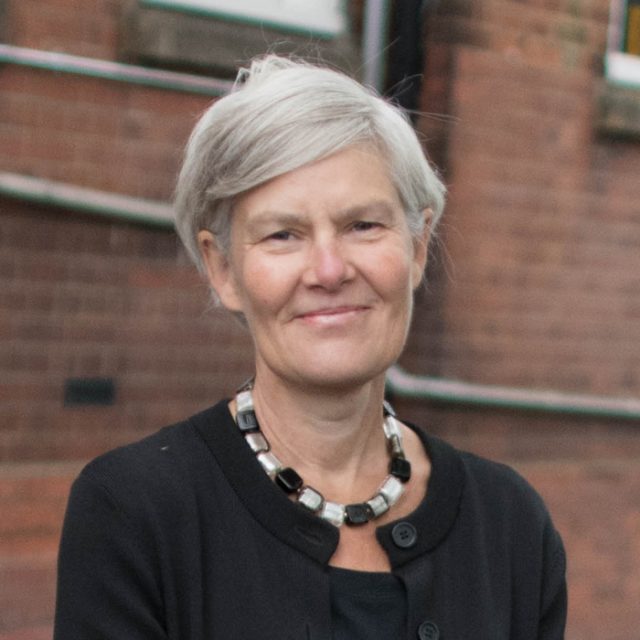The government’s flagship tutoring programme is likely to miss its target of reaching 6,000 schools – revealing the scale of the challenge to ramp up the scheme next year.
Figures obtained by Schools Week show just a quarter of state schools have used the National Tutoring Programme (NTP). The figure dips to one in five in the south west.
The new £579 million school-led tutoring fund could also impact the NTP’S expansion next year. It aims to reach 524,000 pupils, more than double the number that received tutoring this year.
In March we revealed NTP figures that showed pupils in the south were more likely to be enrolled for tutoring than those in the north. But the NTP would not provide its targets for each region.
After a freedom of information request, the Department for Education said it did not have “hard regional targets”.
But after we appealed it provided other figures for how many schools in each region had signed up.
‘250k pupils over less than 6k schools’
As of June 22, 5,657 schools had joined – about 26 per cent of all schools. The NTP said in March its target was to reach 6,000 schools across nine regions.
An NTP spokesperson said while the programme was on track to reach its 250,000 pupil target by the end of August, it was “likely to be spread over slightly less than 6,000 schools”.
The figure was set before the further lockdown in January and schools enrolled more pupils than expected, the spokesperson added.
From September, the HR firm Randstad will ramp up tuition to 524,000 pupils, including 65 per cent disadvantaged pupils. Schools Week received no comment from Randstad on how it would achieve this.

Kate Green, the shadow education secretary, said the NTP’s “woefully low reach” shows the extent of the “Conservatives’ failure to deliver a recovery plan for our children”.
There were “serious questions” over Randstad’s ability to double the programme’s reach while still delivering high-quality tutoring.
The challenge may be made harder next year as schools will receive direct funding to use either their own staff or tutors for targeted tuition.
Johnny Manning, the founder of Manning’s Tutors, one of the 33 tuition partners in the NTP programme this year, said: “What incentive does a school have to run its programme through the NTP at a 70 per cent discount, when it could instead obtain a 75 per cent discount with the same provider using the new funding pot?”
From September, the NTP’s expansion will provide tutoring access to 40 per cent of pupil premium students, the DfE said.
Concerns over school-led tutoring costs
Under the school-led tutor cash, mainstream schools will get £203 per student for the remaining 60 per cent of their pupil premium cohort.
The department worked out the “average costs of tutoring” as £270 for each pupil to deliver a 15-hour course. Schools are expected to fund the remaining £67.
Specialist settings will receive £529 for 60 per cent of places.
Leaders have “complete flexibility” on how they use the money. It can be for one-to-one or small group tuition by teaching assistants, existing teaching staff or local tutoring resources.
For a 15-hour block, that works out at about £18 an hour for one-to-one tuition, or £56 an hour for one-to-three at a mainstream school.
John Nichols, the president of The Tutors’ Association (TTA), said the

rates for less experienced tutors were about £20 to £25 an hour and £50 to £60 for the more qualified. The average total price across all 33 NTP tuition partners this year was £19 an hour for each pupil.
But schools may face some regional differences. One London executive principal, who did not want to be named, said he could not imagine getting “decent” tutoring for £18 an hour. His school paid £31 and £45 an hour.
‘£270 won’t come close to tutor costs’
A deputy head in Hertfordshire said £270 would “not come close” to covering the costs of a tutor with qualified teacher status. “We will need to contribute significantly more as a school than the DfE anticipates.”
But Nichols said he knew tutors who worked with disadvantaged schools as “social outreach” for a lower cost. TTA is launching a free service where schools can be matched with members this summer.
The DfE said that it recognised the cost of tuition might differ between regions. School-led tuition were “complementary offers”, intended to be used collectively by schools.








Your thoughts